DoD Finalizes Cyber Security Threat Sharing Program
On October 22, the Department of Defense (DoD) finalized the details for its DoD-Defense Industrial Base (DIB) Voluntary Cyber Security and Information Assurance (CS/IA) threat sharing program with defense industrial base companies. No changes have been made to the interim final rule published in May 2012.
This final rule responds to public comments regarding the establishment of the DIB CS/IA program, a voluntary cyber security information sharing activity between DoD and eligible DIB companies to enhance and supplement DIB participants’ capabilities to safeguard DoD information that resides on, or transits, DIB unclassified information systems. The program is codified at 32 CFR Part 236 and implements DoD statutory authorities to establish programs and activities to protect DoD information and DoD information systems, including information and information systems operated and maintained by contractors or others in support of DoD activities (see 10 U.S.C. 2224 and the Federal Information Security Management Act (FISMA), codified at 44 U.S.C. 3541 et seq.). It also fulfills important elements of DoD’s critical infrastructure protection responsibilities, as the sector specific agency for the DIB sector see (Presidential Policy Directive 21 (PPD-21), “Critical Infrastructure Security and Resilience”). This program allows eligible DIB companies to receive U.S. Government (USG) threat information and to share information about network intrusions that could compromise DoD programs and missions. In addition, the program permits DIB companies and DoD to assess and reduce damage to DoD programs and missions when DoD information is potentially compromised. Furthermore, the information sharing arrangements between the DoD and each participating DIB company that implement the requirements of this are memorialized in a standardized bilateral agreement, known as a Framework Agreement (FA), signed by the participating DIB company and the Government.
The rule also provides the eligibility requirements for a company to participate in the DIB CS/IA program.
Costs for DIB participants include obtaining access to DoD’s secure voice and data transmission systems supporting the DIB CS/IA program and acquiring DoD approved medium assurance certificates. There also are costs associated with the collection requirements for providing point of contact information and cyber incident reporting. Government costs include onboarding new companies and collecting and analyzing cyber incidents from DIB participants.
A foundational element of this bilateral information sharing model is the recognition that the information being shared between the parties includes extremely sensitive nonpublic information, which must be protected against unauthorized uses and disclosures in order to preserve the integrity of the program.
For additional information regarding the Government’s safeguarding of information received from the DIB companies, with specific focus on PII, see the Privacy Impact Assessment (PIA) for the DIB CS/IA Program.
In addition, this rule and program are intended to be consistent and coordinated with, and updated as necessary to ensure consistency with and support for, other federal activities related to the handling and safeguarding of controlled unclassified information, such as those that are being led by the National Archives and Records Administration pursuant to Executive Order 13556 Controlled Unclassified Information (November 4, 2010).
This rule is not intended to implement the new requirements from section 941 of the National Defense Authorization Act for Fiscal Year 2013.
For more information, read the full final DIB CS/IA rule in the Federal Register.



 About Mr. Sacco
About Mr. Sacco


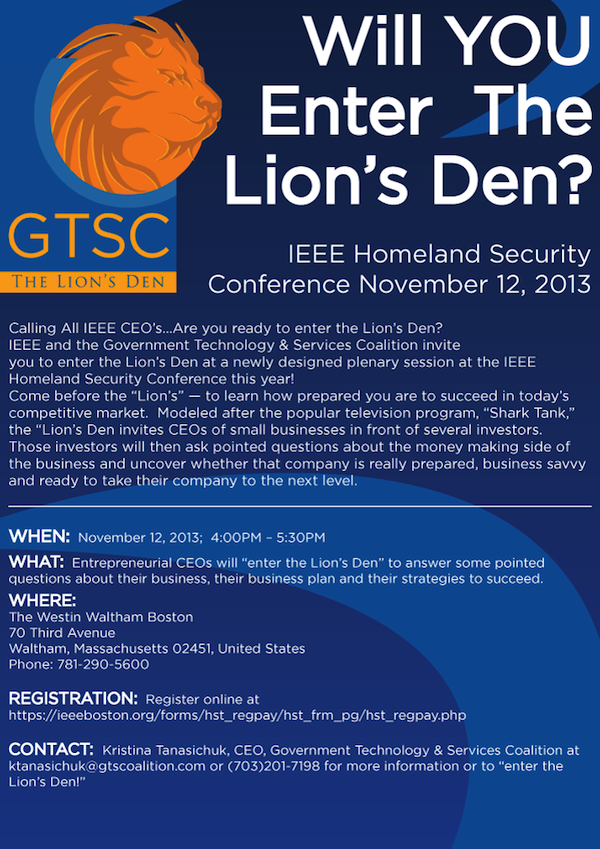


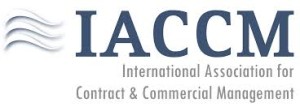 The International Association for Contract & Commercial Management enables both public and private sector organizations and professionals to achieve world-class standards in their contracting and relationship management process and skills. It provides executives and practitioners with advisory, research and benchmarking services, and worldwide training and certification for contracts, commercial and relationship management professionals. IACCM is a non-profit membership organization that supports innovation and collaboration in meeting the demands of today’s global trading relationships and practices. Through our worldwide presence and networked technology, IACCM members gain access to the thought leadership and practical tools that are essential for competitiveness in today’s fiercely contested global markets. We provide insight to the leading-edge contracting and commercial skills, policies, procedures and methods that are fundamental to managing enterprise and individual risks. This insight equips professionals and their leaders to implement best practice governance of contractual commitments and trading relationships.
The International Association for Contract & Commercial Management enables both public and private sector organizations and professionals to achieve world-class standards in their contracting and relationship management process and skills. It provides executives and practitioners with advisory, research and benchmarking services, and worldwide training and certification for contracts, commercial and relationship management professionals. IACCM is a non-profit membership organization that supports innovation and collaboration in meeting the demands of today’s global trading relationships and practices. Through our worldwide presence and networked technology, IACCM members gain access to the thought leadership and practical tools that are essential for competitiveness in today’s fiercely contested global markets. We provide insight to the leading-edge contracting and commercial skills, policies, procedures and methods that are fundamental to managing enterprise and individual risks. This insight equips professionals and their leaders to implement best practice governance of contractual commitments and trading relationships. 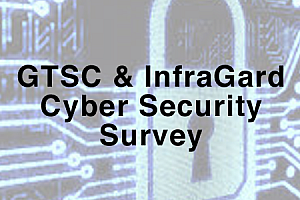
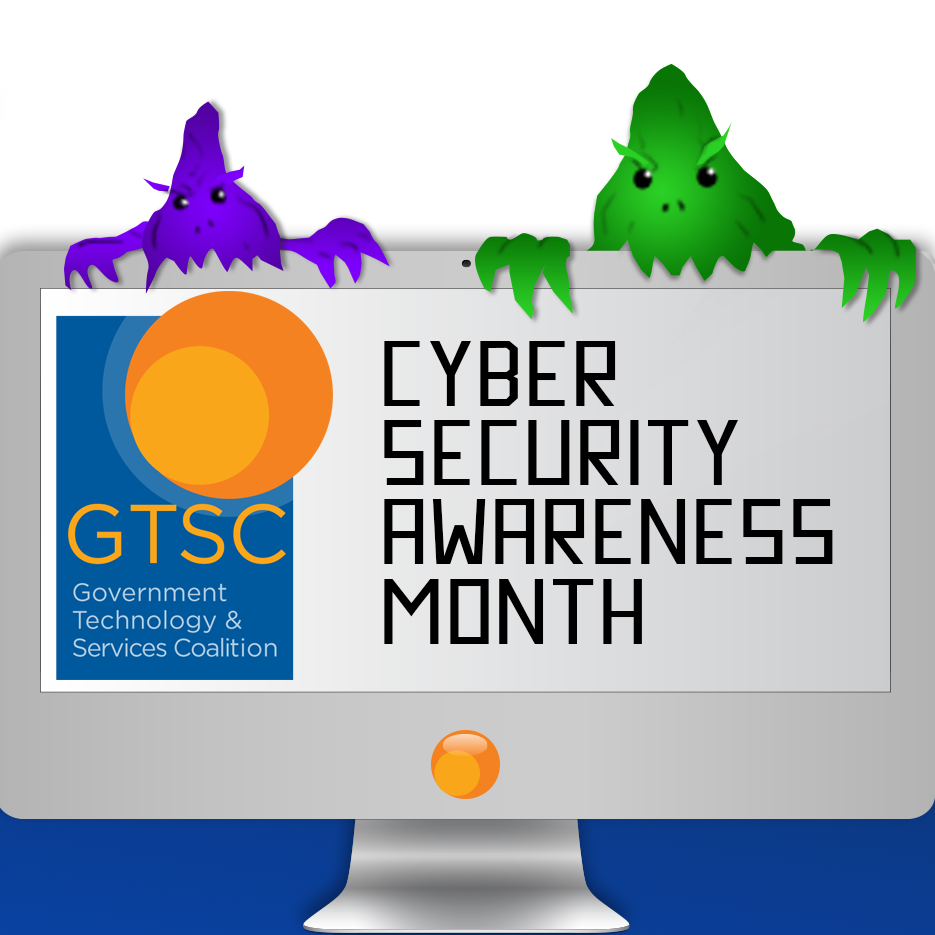 The survey collects data on the type and frequency of computer security incidents in which a computer was used as the means of committing a crime against the company or as a conduit through which other intrusion and/or criminal activity was perpetrated. It also collects data about the type and size of the company, cyber security practices, and computer infrastructure.
The survey collects data on the type and frequency of computer security incidents in which a computer was used as the means of committing a crime against the company or as a conduit through which other intrusion and/or criminal activity was perpetrated. It also collects data about the type and size of the company, cyber security practices, and computer infrastructure.

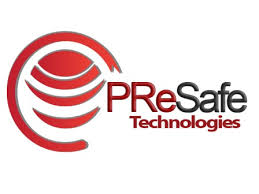 Entering a new market is a formidable and demanding endeavor, particularly for an emerging business in a recovering economy. It includes building new relationships and alliances and fundamentally understanding how business is conducted in order to be competitive and win business. As an emerging business, it is crucial to remain efficient and effective during each step. Our due diligence led us to the U.S. Small Business Administration (SBA) 8(a) program as an efficient and effective approach for entering the Federal marketplace.
Entering a new market is a formidable and demanding endeavor, particularly for an emerging business in a recovering economy. It includes building new relationships and alliances and fundamentally understanding how business is conducted in order to be competitive and win business. As an emerging business, it is crucial to remain efficient and effective during each step. Our due diligence led us to the U.S. Small Business Administration (SBA) 8(a) program as an efficient and effective approach for entering the Federal marketplace.

 If you’re a small business owner interested in making the federal government one of your next customers, you can benefit greatly from certifying your business first. Many government agencies require that a certain percentage of its work is set aside for small businesses (and woman-owned, veteran-owned and more), so certifying your business can help you successfully compete for government contracts. These resources can help:
If you’re a small business owner interested in making the federal government one of your next customers, you can benefit greatly from certifying your business first. Many government agencies require that a certain percentage of its work is set aside for small businesses (and woman-owned, veteran-owned and more), so certifying your business can help you successfully compete for government contracts. These resources can help: